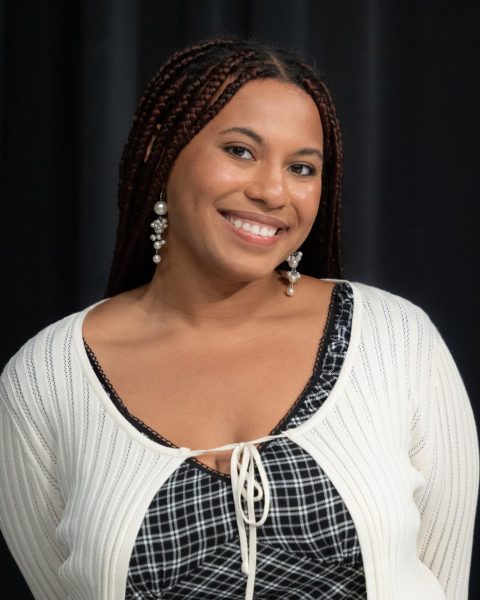For many young people, the thought of growing older is a terrible curse.
Crows’ feet are a haunting malady that requires immediate correction, as are smile lines and every other physical indicator of being over the age of 30. There are constant campaigns advertising everything from anti-wrinkling elixirs to high-tech face-lifting masks.
However, this is not a normal part of aging. There should not be a constant need to disprove the effects of the time we have spent on Earth. Instead, there should be a societal push to question why our ideas of beauty and value do not include those above a certain age range.
According to the World Health Organization, one in two people hold ageist tendencies, specifically towards older adults.
Ageism is the act of discriminating on the grounds of age, whether young or old.
The narrative that beauty must be found and preserved in youth is not new, but it is also not natural. It is a manufactured ideal that continues to be manipulated to this day. In fact, most of the modern beauty standards we hold are rooted in the beliefs of male philosophers thousands of years ago and powerful men after.
With very few exceptions, the women we see in the media usually never embrace their aging features. Despite women usually having longer life spans, they comprise only 3% of characters over 60 on both cable tv and streaming and broadcasting sites.
Additionally, for the few women on screen over 60, the scarcity and lack of quality in their roles also advance ageist narratives. After a certain point, women stop being seen as potential girlfriends and wives and best friends and instead are made to portray evil hags and other unlikable antagonists.
All these standards have a similar thing in common: neglecting the beauty that comes with age. Instead, they value the elegance of the one that fades with it. Additionally, they create incredible adversity within aging people as they try to grapple with what they feel as if their whole body is fighting against them.
This is especially true for aging women. Studies have found that when women discuss their weight and appearance, they tend to reinforce societal beauty standards that dictate that youth equals beauty. As such, this increases the anxiety felt towards aging as well as creating negative and disturbing body image issues.
As such, many feel the need to buy products to enhance their youthful features and ward off signs of aging. This has caused the anti-aging industry to explode globally, expected to turn into a $93 billion dollar industry by 2027. The companies within this industry are some of the most fervent perpetrators of these anti-aging narratives, as their industry continues to grow from the adversity caused by their products and ad campaigns negatively affecting women’s self-worth.
Although this is only one portion of the damage that ageism does, there are devastating effects for humans when we devalue the oldest members of our society.
Not only is a prevalence of ageism connected to poorer physical and mental health, but also less financial security and even a higher probability of early death. In fact, 6.3 million cases of depression globally can be attributed to the effects of ageism.
As such, there needs to be a reevaluation of how we see aging and its effects in our lives and around us. Aging does not make us unhealthier or less attractive.
Instead, the beauty of old age should be worn proudly. As we wrinkle and sag, and as our faces mold to reflect the expressions we’ve had the privilege of showing our loved ones, we should not feel obligated to find ways to hide them. It is truly a shame that many will never appreciate the gifts life has given them when millions are not and will not be afforded the opportunity to do the same.
This story was written by Clara Lebrón. She can be reached at clara.lebró[email protected].


